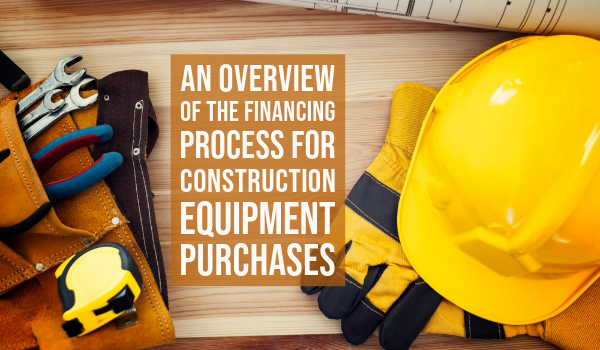The construction industry is a critical driver of economic growth and development, necessitating substantial investments in machinery like rock crushing equipment sales. Acquiring construction equipment often involves significant financial commitments, prompting many businesses to explore various financing options. Understanding the financing process for construction equipment purchases is essential for contractors and construction companies aiming to optimize their financial strategies while meeting project demands efficiently.
Evaluation and Sustainability
One of the primary steps in the financing process is evaluating available options and their suitability for the company’s specific financial situation. Common financing options include equipment loans, leases, and hire purchase agreements. Each of these options has distinct terms, interest rates, and benefits, making it crucial for businesses to assess their long-term financial impact carefully. For instance, leasing may provide more flexibility and lower upfront costs, while purchasing via a loan might lead to asset ownership and potential tax benefits.
Legislative and Market Development
Moreover, external economic factors, such as legislative developments and market trends, significantly influence the financing landscape. According to Mordor Intelligence, in November 2021, the US Congress passed a USD 1 trillion infrastructure spending bill, which has increased the demand for construction equipment, including an uptick in rock crushing equipment sales, across the country. This surge in demand has prompted financial institutions to innovate and diversify their offerings, catering to businesses seeking to capitalize on the growth opportunities provided by major infrastructure projects.
Financial Health Assessment
Another important aspect to consider in the financing process is the creditworthiness of the borrowing entity. Lenders assess the borrower’s financial health, credit history, and ability to repay before approving financing requests. Businesses with strong credit profiles may negotiate better terms, while those with weaker credit might face higher interest rates or additional collateral requirements. As such, construction companies should diligently maintain accurate financial records and strive to enhance their credit standings to secure favorable financing conditions.
Understanding the intricacies of the financing process for construction equipment purchases is vital for construction companies aiming to sustain growth and competitiveness in a dynamic market. By evaluating diverse financing options, considering the impact of economic factors, and maintaining robust credit profiles, businesses can effectively navigate the challenges of equipment acquisition and support their operational and strategic goals. As infrastructure development continues to drive industry demand, prudent financial planning will undoubtedly play a crucial role in the success of construction enterprises. Reach out to Sync Aggregate today to learn more.

